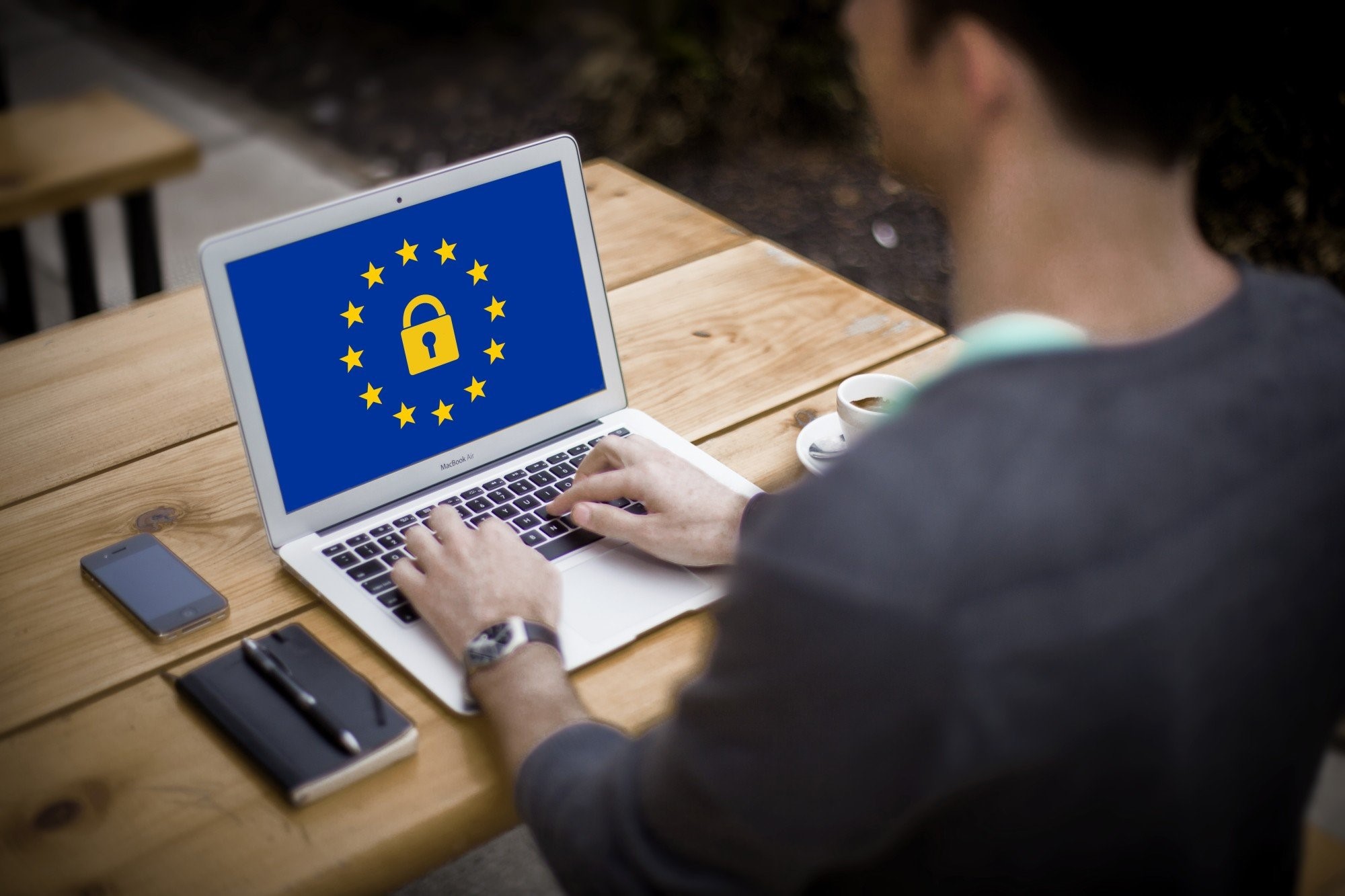Have you ever thought about the privacy of your data? Perhaps not. There are many steps businesses have to take to ensure data privacy compliance. You want to keep information safe and secure.
To give you a hand, we’ve brought together this article with tips you need to know. That way, you can protect yourself as you continue to see shining results for your business.
Without further ado, here’s everything you need to know about keeping data safe. Keep reading.
Table of Contents
Understand Applicable Regulations
Understanding regulations involves more than just reading the laws. Businesses must also comprehend how these laws apply to their specific operations.
For instance, GDPR mandates stringent rules for collecting personal data in Europe. If you operate in this region, you must know what constitutes ‘personal data’ as per GDPR. In the US, CCPA protects consumers’ privacy rights. Therefore, businesses need to be aware of what data they can collect and how they can use it.
Interpretation of these regulations is key to ensuring data privacy compliance. It’s advisable to seek legal advice when in doubt. Always remember, that complying with these regulations can protect you from legal issues. It also builds trust with your customers and partners.
Conduct a Data Audit
A data audit takes stock of all the data corners in your organization. It’s like taking a deep dive into your data pool to understand its depth, volume, and contents.
The process involves tracking the data inflow, storage, and outflow in your organization. For instance, consider the data you collect from customers. Where is it stored? Who has access to it? Is it shared with any third parties?
The main objective is to have a clear map of data movement within your business. This helps in identifying any potential risks or vulnerabilities.
A data audit can also reveal whether the business is collecting unnecessary data, which could pose additional security risks. Understanding these aspects is crucial for enhancing data privacy and compliance.
Implement Data Privacy Policies
These policies serve as guides for both your organization and your customers, clarifying what data you collect and how you handle it. It is important to be transparent about why your business needs this data and how you store and protect it.
In your policy, clearly outline who has access to this data. This may include employees, third-party vendors, or other stakeholders. Also, provide information on data sharing, if applicable. Your policy should state whether the data is shared, with whom, and for what purposes.
Remember to include information about users’ rights concerning their data. For instance, they should have the right to access, update, or delete their data under certain conditions.
Ensure the policy is easily accessible to all users. Most businesses choose to post it on their website for easy access. Regularly review and update your policies to keep up with any changes in your data handling practices or privacy laws.
Train Employees on Data Privacy
A well-informed employee is an organization’s first line of defense against data breaches. Start by conveying the significance of data privacy and the role each employee plays in maintaining it. Clarify what types of information are considered private and sensitive.
Discuss the company’s data privacy policies. Ensure all employees understand what these policies mean in practical terms. Break down the steps they need to take to secure data and the protocols to follow when handling sensitive information.
Touch upon the legal implications of non-compliance. Raise awareness about the potential consequences of data breaches, both for the company and for the individuals involved. This understanding can motivate employees to adhere to data privacy protocols.
Provide regular updates and refresher courses. Changes in data privacy laws or internal company policies should be communicated promptly. Regular training ensures that all employees stay updated on the latest practices in data privacy compliance.
Implement Data Security Measures
Data security is another crucial aspect of data privacy compliance. The first step is encryption, a method of converting data into a code to prevent unauthorized access. Encryption should be used both for stored data and data in transit.
Next is the use of firewalls, a defense mechanism that screens out hackers, viruses, and other harmful intrusions. Firewalls actively monitor and control the traffic coming into and out of your business network based on pre-set security rules.
Lastly, consider secure servers for storing data. These are specially protected storage spaces that greatly minimize the risk of data breaches. They can be physical servers on your premises or virtual ones offered by cloud service providers.
Conduct Regular Security Audits
Audits involve regular checks of your existing security measures. It’s like a routine health check-up but for your data. You need to make sure all systems are working well and effectively protecting your sensitive data.
During an audit, you should test your systems to identify vulnerabilities. This includes checking your network for weak points where hackers could gain unauthorized access. This process can be enhanced further by using third party penetration testing. These are ethical hacking exercises performed by external experts.
Security audits should also review your data handling processes. Check if your data is being collected, stored, and disposed of in compliance with data privacy laws.
Lastly, don’t forget to review user access controls. Ensure only authorized individuals have access to sensitive data. Regular audits help maintain a strong security posture and are pivotal in ensuring data privacy compliance.
Monitor Third-Party Compliance
Many businesses work with third-party vendors or service providers who may have access to personal data. Businesses need to ensure that these third parties are also compliant with data privacy regulations. This can be achieved by including specific clauses in contracts and conducting regular audits of third-party data handling practices.
Achieving Optimal Data Privacy Compliance
Data privacy compliance is not only a legal requirement but also a necessary step towards building trust with customers. By following these essential steps, businesses can ensure that personal data is protected and handled ethically and responsibly.
Remember, data privacy compliance is an ongoing process. It requires regular review and updates to stay in line with changing regulations and technological advancements. So start implementing these steps today to achieve optimal data privacy compliance in your business!
Related Post: How Is Test Data Management Beneficial?































































